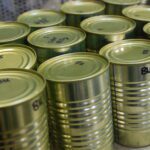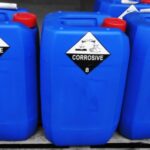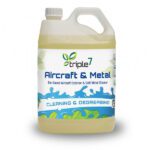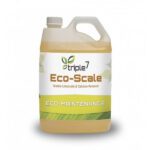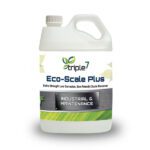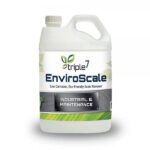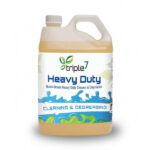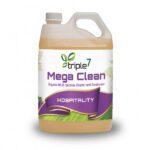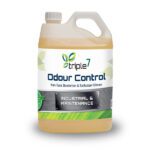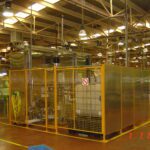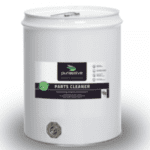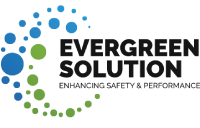Did you know that until the 1970s, most industrial cleaners contained vegetable oils? Why were chemicals used only when petroleum derivatives were cheaper than vegetable oils? Let’s dive into this blog to figure that out.

Oleochemical research is influenced by edible oil. Edible oil is highly biodegradable and has a positive impact on health and safety, so it can be used to clean products. As the demand for safer ingredients increases, naturally occurring chemicals are replacing toxic petroleum and glycol ether-based chemicals. In vivo accumulation does not occur with these products.
The following traditional Indian health and beauty treatments are recommended:
- The skin benefits from coconut oil. Its antibacterial properties make it more than just an effective cleaner.
- Wooden furniture can be polished with olive oil.
- Sunflower seed oil can be used as a natural detergent.
- You can use almond oil to moisturise your hair.
- The benefits of mustard oil are well known and are recommended for hair and skin treatments.
Table of Contents
Cleaning products made from natural oils:
Edible oils such as soybeans, corn, coconut, palms, sunflowers, almonds, and olive oil have proven to remove dirt and contaminants much more effectively than petroleum and glycol-based chemicals. Organic oils are just as good as nature and are compatible with animals, making them an excellent alternative to chemicals. The development of oleochemical cleaners is a welcome development where the demand for non-toxic cleaners is high. The Kb value of some natural oils is very suitable for removing surface contamination.

Chemistry of Cleaning and Degreasing Agents from Envirofluid:
Environmental fluids have been at the forefront of research in this area for many years. Developing a range of industrial cleaners that do not match or exceed the performance of inorganic and toxic chemical cleaners.
The cleaning industry is dominated by companies such as Henkel, Unilever, and Petrofina that produce powerful cleaning agents. However, the ingredients used, such as phosphates, nitrates, amines, glycol ethers, and drimonen, are increasingly questioned due to health and environmental concerns.
In addition, many carcinogens have been used as propellants, fragrances, and colourants. Some of these additives are:
- A foaming agent that causes illness but produces superbugs that are resistant to antibacterial agents
- Perfumes that cause allergies and cause respiratory reactions in older men and women or children. Such allergens are not safe for pregnant women.
- Dyes that are described as carcinogenic and dyes that cause in vivo accumulation in the human and animal parts.
- It is also known that inorganic compounds classified as toxic, damages the groundwater level due to increased mineral content and salt load.
Domestic Cleaning Industry Demands:
The industrial market is aware of the adverse effects of these ingredients. It can eliminate them, but the household cleaning market does not accept many colours, foam, or scent-free products.
Evergreen Solutions strives to raise awareness through work. Unless there is a clear-thinking process, it isn’t easy to convince someone to use the safest cleaning method. From degreasers to acid substitutes, a variety of organic cleaners are available for industrial cleaning. Users of these products have expressed satisfaction with their performance. Global biodegradable substance compliance and HACCP certification support their claim that their products are organic.
Please think about it. We have improved the world’s health by replacing over 500 million litres of chemical cleaners with natural, biodegradable alternatives. The cleaning, descaling, and degreasing products we offer are:
- Vegan
- Non-Corrosive
- Non-Hazardous
- Readily Biodegradable
- Allergen Free
- Non-Toxic
- Made from Renewable resources
- Safe and Healthy for Animals Plants and Environment
Winding Up…
Did you prioritise the safety and environment of your family and colleagues in your decision-making? After learning these facts, were you willing to take more risks? Feel free to share your thoughts in the comments below.



